The Country Girl
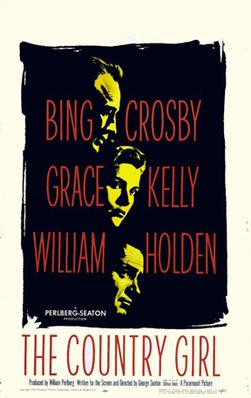 The Country Girl
The Country Girl is the emotionally charged film version of a play by Clifford Odets that received six Oscar nominations including Best Picture and won two Oscars for its seamless blending of character study of a man struggling with addiction and an on target look at the business of show business.

Bing Crosby, in the finest performance of his career which earned him an Oscar nomination, plays Frank Elgin, an actor whose alcoholism destroyed his career who's being offered a chance to revive his career by director Bernie Dodd (William Holden), who wants Frank to play the lead in a new Broadway musical he's directing called THE LAND AROUND US. The show's producer, Mr. Cook (Anthony Ross) does not want to risk the money he's pouring into this show on an alcoholic has been, but Bernie cannot be swayed and is firm that Frank is perfect for this part. Bernie becomes concerned though when he meets Frank's wife, Georgie (Grace Kelly), a quietly controlling woman who seems miserable with Frank but completely devoted and fiercely protective of him. Bernie believes that Frank will have an easier time doing this show if he can get his wife's tentacles out of him. What he doesn't realize that Frank is lost without Georgie, despite their misery, which developed after the death of their son.

This film is probably most famous for being the film where Grace Kelly blindsided Judy Garland by winning the Oscar for Best Actress over Garland in
A Star is Born and after this recent re-watch, my opinion about this Oscar win has not changed...Garland was robbed. Don't get me wrong, Kelly works very hard to be believable in this role and actually dared to step in front of the cameras sans eye makeup, but the performance just didn't work for me but I don't blame Kelly entirely. I don't think it was necessarily the matter of a bad performance as it was a matter of Kelly was miscast. This character is a simple, unsophisticated woman from the country, as the character describes herself and no matter how many unattractive frocks you put her in or how much makeup you deprive her of, there is nothing about Grace Kelly that says simple or unsophisticated. The woman claims complete disdain for show business yet knows an awful lot about it, in some ways, even more than Frank, which just doesn't make sense. Kelly's onscreen persona, and Frank even uses the word to describe her as such, is regal and the sophisticated dialogue she is given on top of the allegedly simple woman Georgie is supposed to be, the character never jelled for me and Kelly failed to convince in this role.

Bing Crosby, on the other hand, is a whole other story. This film was actually made the same year he made one of his biggest hits,
White Christmas, and you would never know it's the same actor in both films. Crosby has never lost himself in a character the way he does here...the charming crooner who inhabited so many classic musicals is but a distant memory here. Crosby's Frank Elgin is a confused frightened child who wants this chance to revive his career more than anything, but convinces himself at every turn that there's no way he can do it. Though he does his best to conceal his feelings which he can only accomplish by lying to everyone about everything, something very common with addiction. There are a couple of moments in the film where Georgie and Bernie ask Frank the same question and he gives them completely different answers. Crosby really understands Frank and gives him an emotional center that is, at times, heartbreaking. I would have given Crosby an Oscar over Kelly...it also easily trumps his Oscar winning performance in
Going My Way.
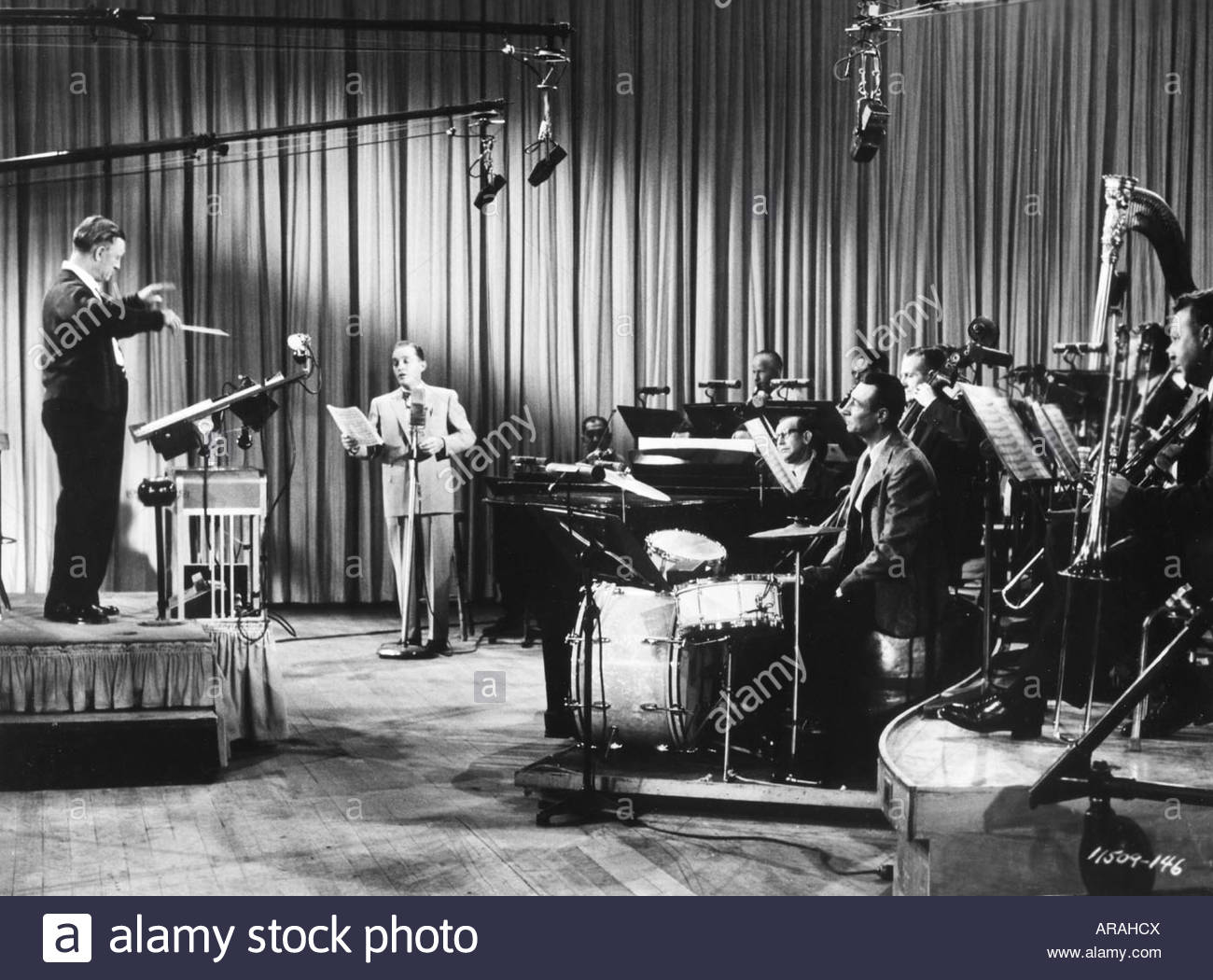
William Holden, who actually has the most complex role in the story, is absolutely kinetic here as the man willing to stand behind Frank as long he can get him away from Georgie but even Bernie's motives come into question near the end of the second act, but Holden's performance never does. He manages a viable chemistry in his individual scenes with both Crosby and Kelly that always rings true.
George Seaton's direction is intense and he won an Oscar for his adaptation of Odets' play. Mentioned should also be made of Anthony Ross as the slimey producer Mr. Cook. Other than Kelly and an overbearing music score, this film is a gripping experience and if I do a thread about favorite movies about show business, this film will definitely be somewhere in the top ten.
 Thanks
Thanks 
 Thanks
Thanks 






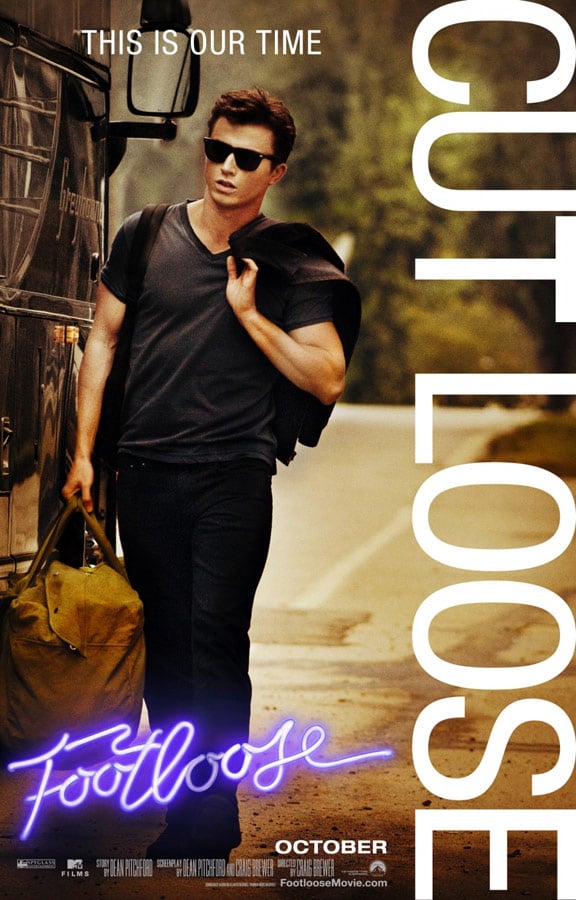








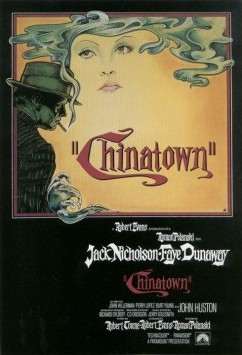












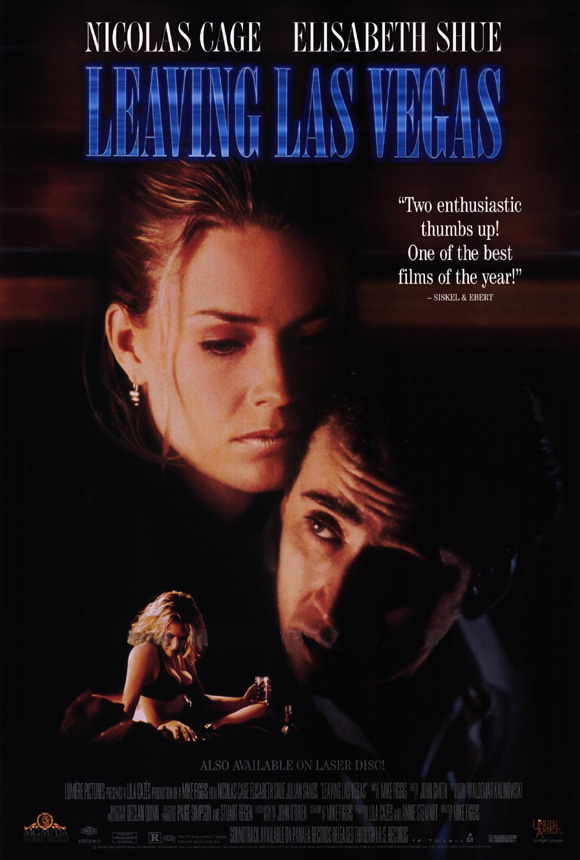



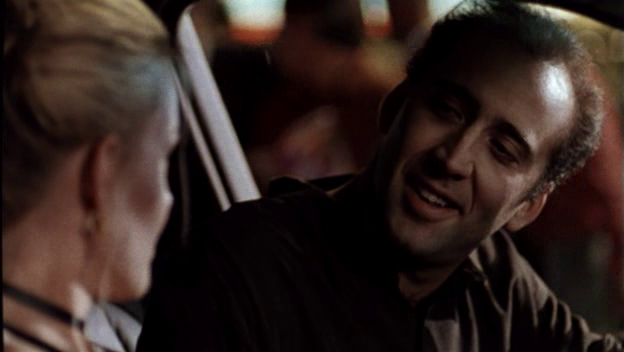






.jpg)


